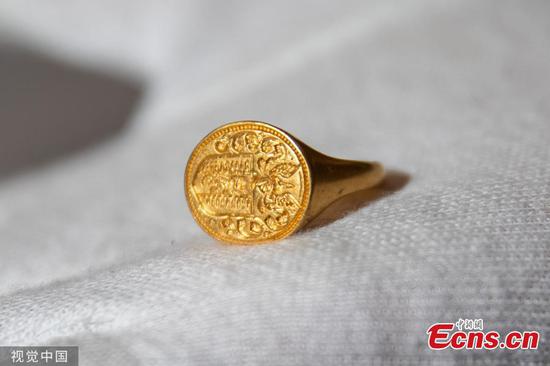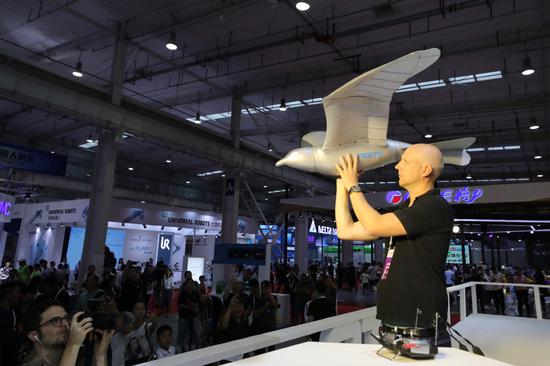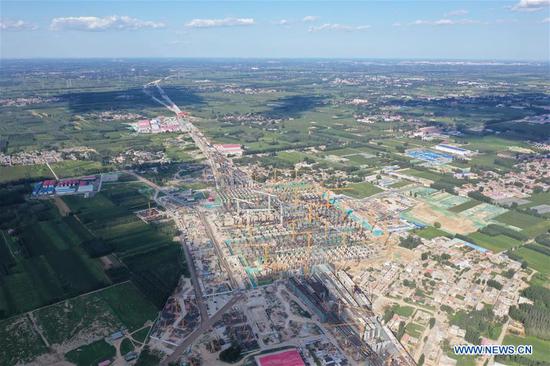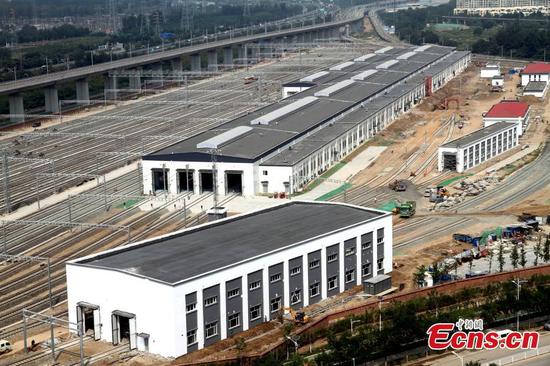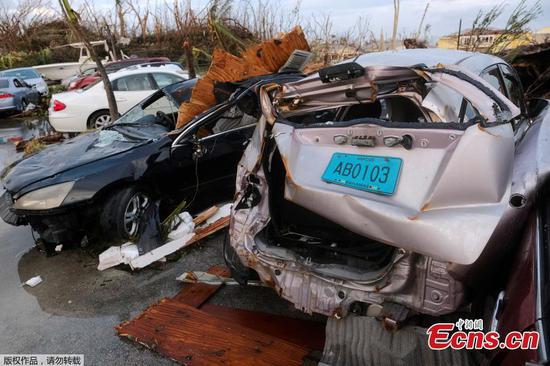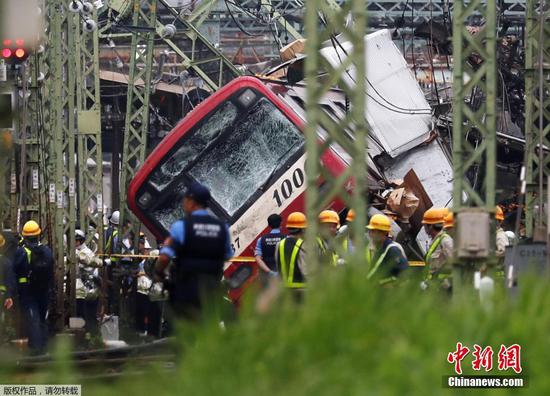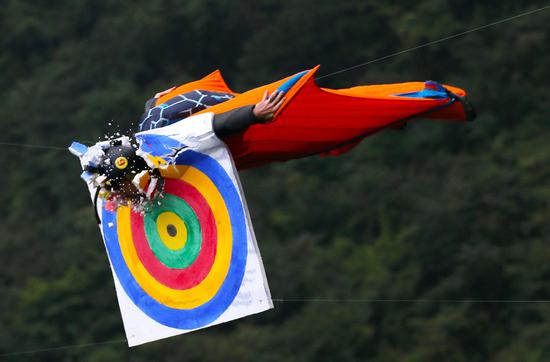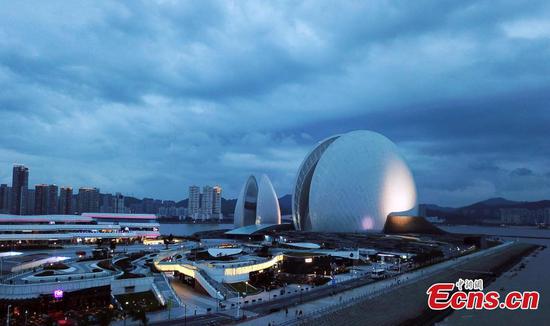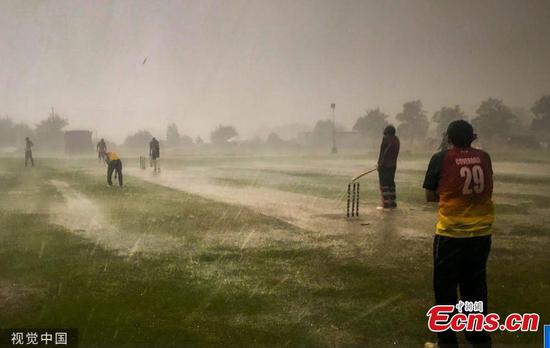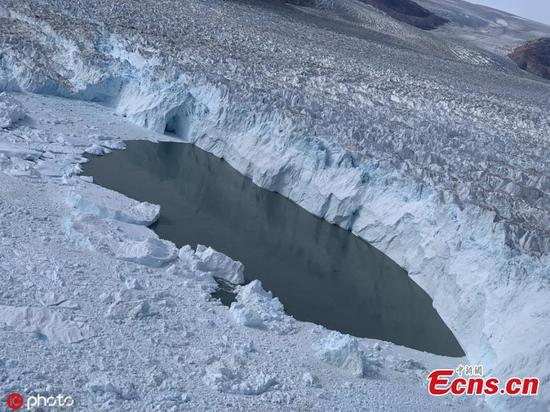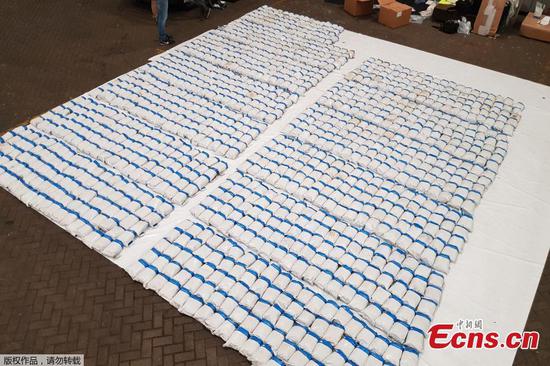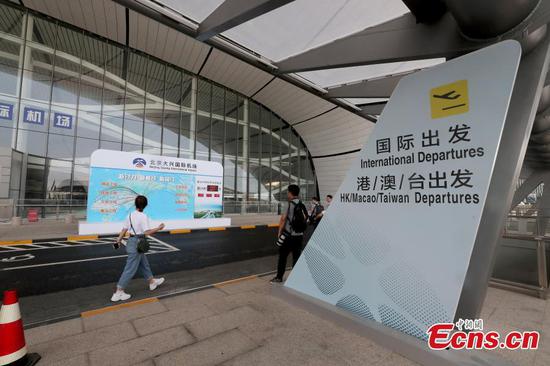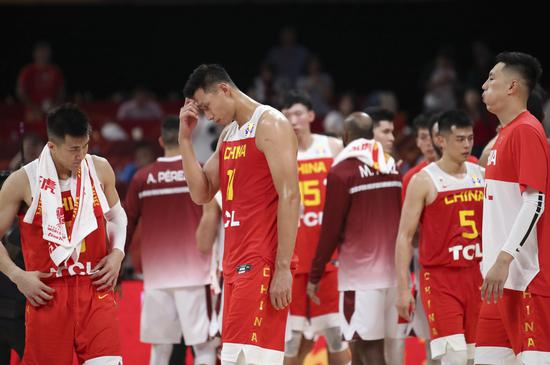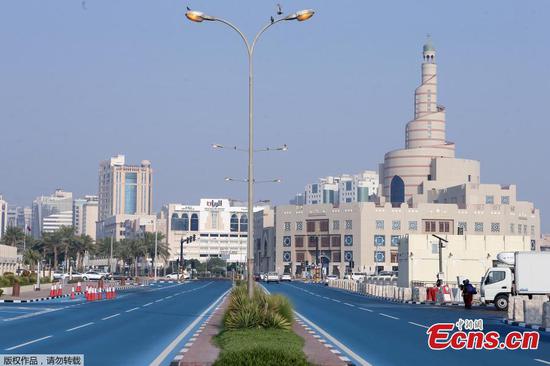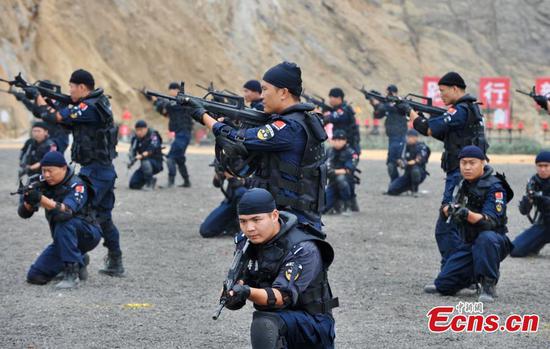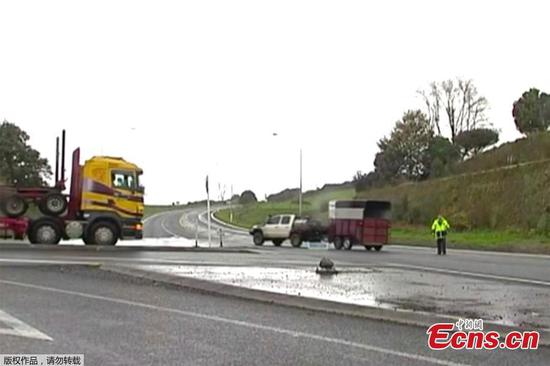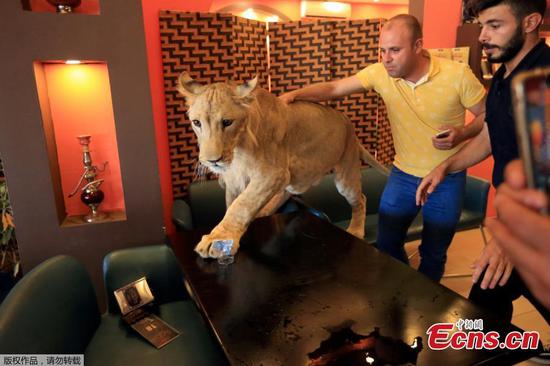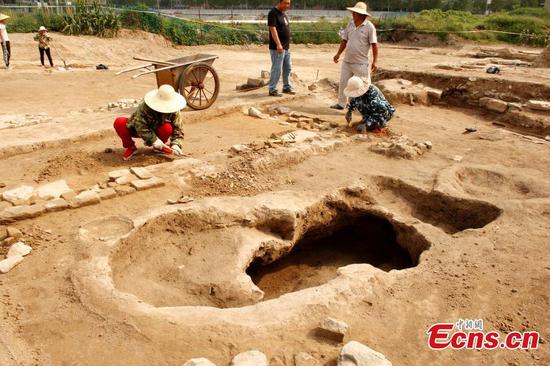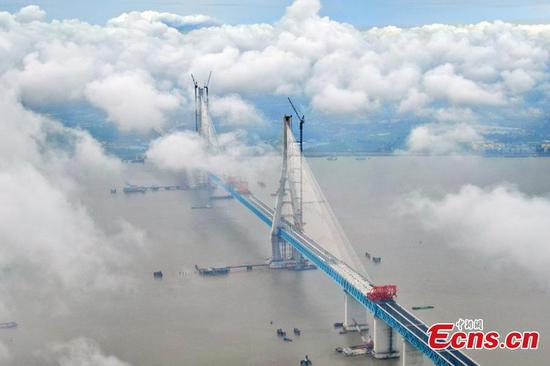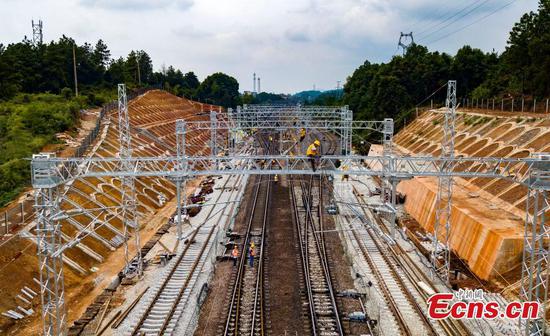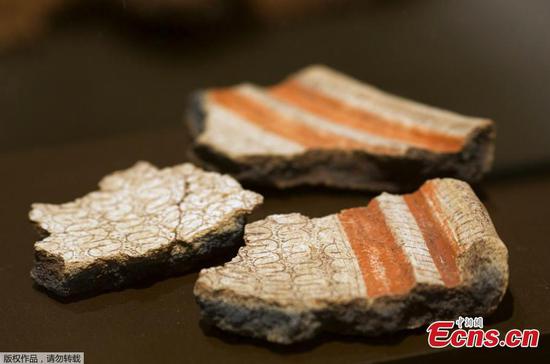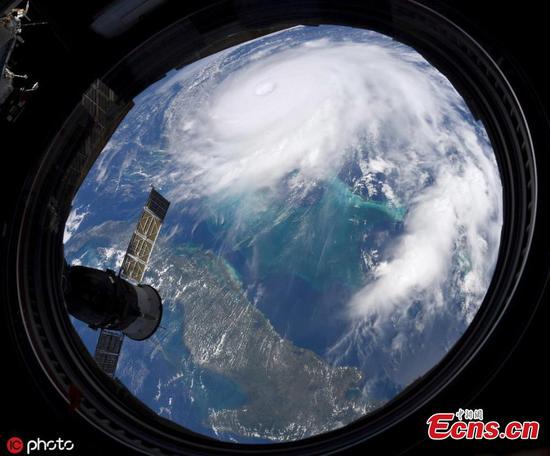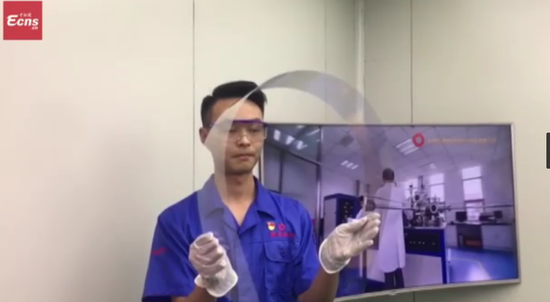Premier advocates mutual defense of free trade in a phone call with Merkel
Premier Li Keqiang has called on China and Germany to enhance understanding and mutual trust and step up all-around cooperation to promote the sustained healthy development of bilateral ties.
In a phone call to German Chancellor Angela Merkel on Wednesday night, Li said the two sides should work together to defend multilateralism and free trade.
He welcomed Merkel on her 12th visit to China, saying that both nations are faced with common challenges as the international landscape undergoes profound and complicated changes.
Merkel said Germany attaches importance to relations with China, and she hoped the upcoming visit would help deepen cooperation with China.
She also voiced her hope that the visit would send a positive signal of good momentum in bilateral relations in the face of a complicated international landscape.
Merkel will start a two-day visit on Friday. She is scheduled to meet Li for breakfast in Beijing on Friday, followed by a welcoming ceremony at the Great Hall of the People. She will also attend the meeting of the Advisory Committee on German-Chinese Business and the closing session of the German-Chinese Dialogue Forum, German news agency DPA reported.
Merkel will be accompanied by a large business delegation and is due to visit several companies in Beijing and Wuhan, Hubei province, on Saturday.
Wu Ken, Chinese ambassador to Germany, said he believes that during the visit, Chinese and German leaders will further strengthen their strategic mutual trust and point a way forward for expanding mutually beneficial cooperation.
In an article published on Wednesday in the German newspaper Der Tagesspiegel, Wu said he expects the visit to help improve the quality and efficiency of the bilateral relationship and deepen the consensus on free trade and multilateralism advocated by China, Germany and the European Union.
He said he hopes that Germany will continue to uphold its independent, fair and just position to enhance cooperation with China, including in 5G technology.
Wu welcomes Germany to participate in the Belt and Road Initiative. "China and Germany have broad prospects for cooperation in digitization, artificial intelligence, smart manufacturing, electric vehicles and other future industries and innovative technologies, and they will become a new growth pole for bilateral cooperation," he wrote.
China has been Germany's largest trading partner for three consecutive years, and retained that status in the first half of the year, with bilateral trade reaching 100 billion euros ($110 billion), accounting for about a third of China-EU trade.
German businesses such as Siemens, Volkswagen, BASF, BMW and DHL have become household names in China.
"Germany and China are major trading partners and I am optimistic that both will continue to cooperate in these uncertain times," Frank Appel, CEO of Deutsche Post DHL Group, said in an interview.
"We are very pleased with the development of our businesses in China, where we have an extensive footprint."
Appel said that China is taking the right steps with the Belt and Road Initiative because it connects countries more closely and makes them part of a global environment.
"Such a development toward open borders and greater connectedness brings substantial benefits. It leads to more prosperity through trade and improved infrastructure. It also gives more people the chance to participate in development and pursue opportunities across borders," he said.
According to Wu, the two countries' BRI cooperation is fruitful. Of the 15,000 trips made by China-Europe freight trains, about 40 percent were between China and Germany.
Pascal Lamy, a former director-general of the World Trade Organization, said he expects Merkel to stress multilateralism in talking with Chinese leaders."She will probably say what the EU says, which is that we need to preserve the multilateral trading system" from attacks by the United States' president, said Lamy, who is a former European commissioner for trade.
China and the EU have been negotiating a comprehensive bilateral investment agreement, and there were reports suggesting that Merkel hopes to conclude the deal before Germany hosts the next EU-China summit in Germany in September 2020.
Chinese officials have expressed concerns about the more stringent screening of Chinese foreign direct investment in Germany.
"With the growing uncertainty in the world economy, our primary task should be to make a bigger cake of cooperation, not to build a high wall of protectionism," Wu wrote, citing figures that show that Chinese investment in Germany plunged 95 percent in the first six months of the year while German investment in China in the period shot up by 81 percent.










